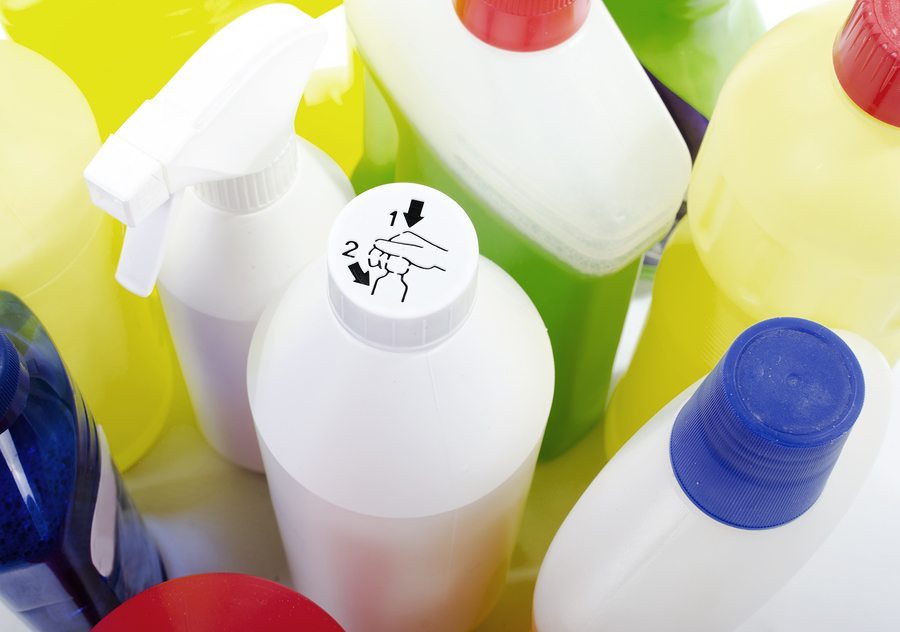America’s poison help lines received over 3.1 million calls in 2013 alone. While accidental poison exposure of children younger than the age of 6 accounted for nearly 50 percent of incidents, kids weren’t the only ones in harm’s way. Ninety-two percent of reported poison-related deaths were of adults. More than 90 percent of poisonings occurred in the home.
Whether your family includes young children and teens or is comprised of adults alone, consider the American Association of Poison Control Centers’ tips to prevent accidental poisoning in your home.
- Learn to recognize potential poisons – A poison is anything that can harm someone if it is used in the wrong way, by the wrong person or in the wrong amount. Even products you might consider safe—such as vitamin C tablets, mouthwash or hair spray—can become a poison. Additionally:
- Some poisons may be harmful if they touch your eyes or skin.
- Others may be toxic if you breathe or swallow them.
- They can by solids, liquids, sprays or gases.
- Prescription and over-the-counter drugs and medicines are among the most common household poisons.
- Never take larger or more frequent doses than prescribed by your doctor or recommended on OTC drug labels.
- Read all warning labels before taking any medication. Some may become poisons when taken with other drugs or alcohol.
- Turn on a light before taking medications at night to ensure you have the correct bottle and are taking the right amount.
- Keep medicines in their original bottles and containers. Pill sorters may be convenient, but they can also increase your chance of accidental poisoning.
- Dispose of unused, unneeded and expired prescription drugs at National Drug Take Back days. You can find a DEA authorized collection location in your area at this website.
- Household chemical products (cleaning, personal care, pesticides, etc.) are also common household poisons.
- Read the label completely before using any household or personal care product.
- Keep all chemical and personal care products in their original bottles and containers.
- Never mix cleaning products together or you may create toxic gases.
- Turn on fans and open windows before using chemical household cleaners.
- Never apply pesticides or other chemicals without wearing protective clothing.
- Proper storage of potential poisons is essential.
- If you have children—or if youngsters sometimes visit your home—store all medications and household products in a secure cabinet out of sight or out of children’s reach.
- Always secure child safety caps every time you use a medication.
- Put medications and household products away as soon as you are done with them.
- Ask guests to your home to keep their medications out of the sight and access of children as well. They should not leave drugs in their purses, backpacks or coat pockets.
- Remain calm if a poisoning occurs.
- Prepare for such a situation by programming 1-800-222-1222 (the Poison Control Center) into your family’s cell phones.
- Call the poison control center number if the exposure victim is awake and alert. If he or she is not, call 911.
- You’ll need the victim’s age and weight as well as the time of poison exposure and the type of chemical (medication, household product, etc.).
- The emergency operator or poison control center will provide you with further instruction.

